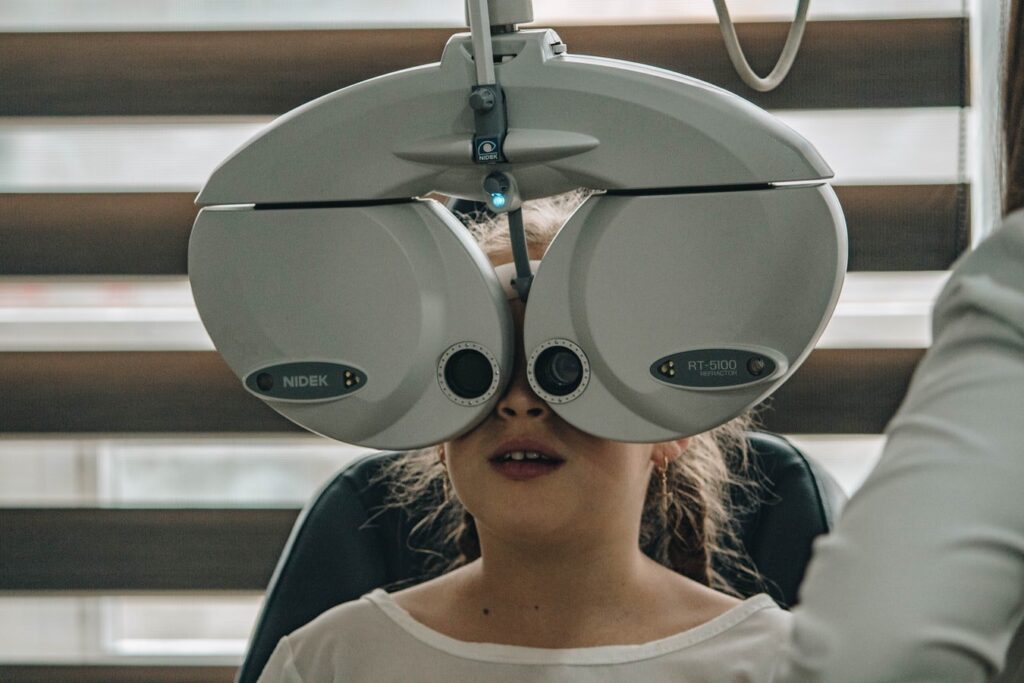What you need to know after a Cataract Removal: Cataracts, a health condition that occurs when there is clouding of the eye’s lens. It is one of the leading causes of impaired vision. Fortunately, cataract surgery is routinely performed and causes little discomfort to the patient. Having your clouded natural lens surgically removed and replaced with an artificial one can let you to see well again without worrying about cataracts coming back.
Cataract surgery will give you the clear vision you’ve been hoping for, and will put you on the path to a much better quality of life. You should still take note of the postoperative suggestions offered to you by your doctor and give yourself plenty of time to recuperate. Following cataract removal, here are some considerations to keep in mind.
When Should You Start Working Again After Cataract Surgery?
The recuperation period for cataract eye surgery is short in contrast to other major eye procedures. While everyone heals differently, many people see a significant improvement in their vision within the first day. You should take at least a few days off to recover properly, preferably between one to three days, but you should feel up to doing your regular activities again in a day or two. After having your eyes operated on, you can go back to doing normal things like reading, watching TV, writing, and walking as soon as you feel up to it. Click here to get how long does cataract surgery remain effective?
But the healing process must run its course, and in the initial weeks after the surgery, your eyesight may vary somehow before finally settling. After about a month, your eye should have totally healed after the surgery, however it is preferable to let your doctor make the final call. There cannot be a general opinion on this, as individual case may vary, hence, your doctor with the understanding of your state of health can help you determine when you’re totally healed after the surgery. But the decision is also made with you visiting the clinic for post-surgery checkup. If you stay away after the surgery, there is no way the doctor will know how you’re feeling and how to help you.
In the first two weeks following surgery, there are a few things you may do to speed up the healing process:
- Don’t put on any eye makeup, and maybe even skip the face lotion.
- Do not go behind the wheel until the day after your procedure.
- Do not swim or use a hot tub if you want to avoid getting an illness.
- Neither should you engage in any hard physical activity or heavy lifting.
- If you’ve recently had eye surgery, try not to touch your eye(s).
- Avoid environments with high amounts of dust, wind, pollen, and dirt to protect your eyes from irritation.
- Sunglasses should be used on sunny days. After cataract removal, this may be necessary for up to a year.
Mild corneal edoema or inflammation, which can cause cloudy, wavy, or distorted vision in the days following surgery, is common. You’ll be given antibiotic eye drops to help fight infections and decrease inflammation. Even if you don’t have any problems and your eyes seem OK, you should keep using the eye drops as directed by your doctor for as long as they say you should use it.
What Protection Would I Use for my Eyes After Cataract Surgery?
After having cataract surgery, you will be given an eye shield to wear whenever you are sleeping (including naps) for at least a week. As your eye heals, this will help you refrain from scratching it and perhaps reinjuring it. This technique should not necessitate any major adjustments to your normal sleep schedule, except from the use of the eye covering. The healing process of the eye is aided by not putting any pressure on it, therefore side sleepers may find it more pleasant to sleep on the non-operative side. Talk to your doctor about possible treatments if eye pain or discomfort is keeping you up at night.

After having cataract surgery, how do you clean your face?
Keep up with your regular cleaning routine; but, for at least a week after surgery, protect your eye from water. After the day following surgery, you can continue cleaning your face, but you should avoid touching your eye. Instead of rinsing your face off with a quick splash, you should take your time and use a washcloth or a wipe. In spite of the fact that your surgical wounds should shut and heal within a few days, you still need to take extra precautions to avoid getting water in your eye. Keep your eyes closed whenever you wash your face, and never massage your recovering eye.
After cataract removal, it’s important to avoid certain foods.
As your eye heals following your cataract surgery, try to focus on keeping a diet that is favourable to your general health, including fiber-rich whole foods, leafy green vegetables, and lean protein. Foods that are heavy in sugars or refined carbohydrates are among those that are linked to poor eye health and should be avoided (such as bread, pastas, chips, cereals, etc.). These meals can cause an increase in blood sugar, which can damage ocular blood vessels and lengthen the time it takes to recover from surgery. This can be accomplished simply by reducing or eliminating intake of processed and other “junk” foods.
Conclusion
You should do everything in your power to ensure a speedy and successful recovery following cataract surgery for your affected eye. There is a lot to think about, but if you follow your post-operative instructions, rest your eye, and keep it safe from dust and other debris, you’ll have a healthy eye and great vision in no time.
Please contact us for a no-cost consultation if you or a loved one are thinking about undergoing cataract surgery.
